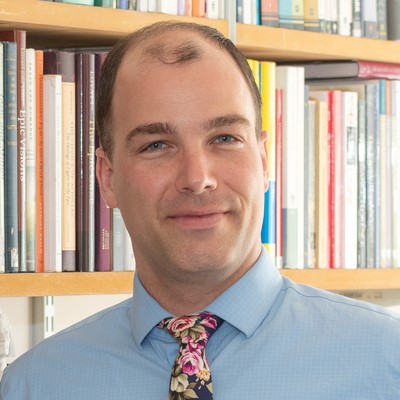IP102 Science, Society, and the Media

Module leader: Dr Bryan Brazeau
- Core module
- Terms 1-3 | 24 weeks
- 30 CATS
- 44 contact hours: 1 x 2-hour workshop per week
- Four workshops
- Not available to students outside the School for Cross-faculty Studies
How is scientific knowledge produced? How is it different from the knowledge generated in the Humanities and Social Sciences? How is it transmitted to the public? To what extent do political, financial, philosophical, and linguistic frameworks transform that knowledge?
This module will explore the generation and dissemination of scientific knowledge through peer-reviewed articles, public-facing media such as news reporting, science fiction, and popular science writing. It will explore the relationships between science and power, along with the role of science in a 21st century multimedia landscape that is fertile ground for misinformation. You will learn how to critically reflect on received wisdom regarding society’s understanding of science, explore the role science has played in maintaining and enforcing social hierarchies, and learn how you can productively intervene in public discourse on scientific topics across a wide range of media platforms.
You do not need a scientific academic background to do well in this module!
In this module, you'll engage with contemporary questions around the public understanding of science, scientific objectivity and universality, and the role that the media plays in communicating science.
This module tackles the prevalent assumption that "despite the huge strides made in technology, we still live in scientifically illiterate society" (Gregory 2000). It examines how science works to construct knowledge, the history and sociology of science, and the ways in which public decisions are shaped by the media's representation and manipulation of science.
The module's content introduces you to a set of topical issues raised across various forms of media, invites critical and creative responses to them through close analysis of case studies, and exposes you to practical considerations inherent in understanding science such as the quantification of risk, and the notion of proof (or lack thereof).
Please note: Module availability and staffing may change year on year depending on availability and other operational factors. The School for Cross-faculty Studies makes no guarantee that any modules will be offered in a particular year, or that they will necessarily be taught by the staff listed on these pages.

